The Ultrahuman Ring Air is terrific — here's what I want to see in the Galaxy Ring
It will take Samsung's might to bring mainstream interest to this segment.
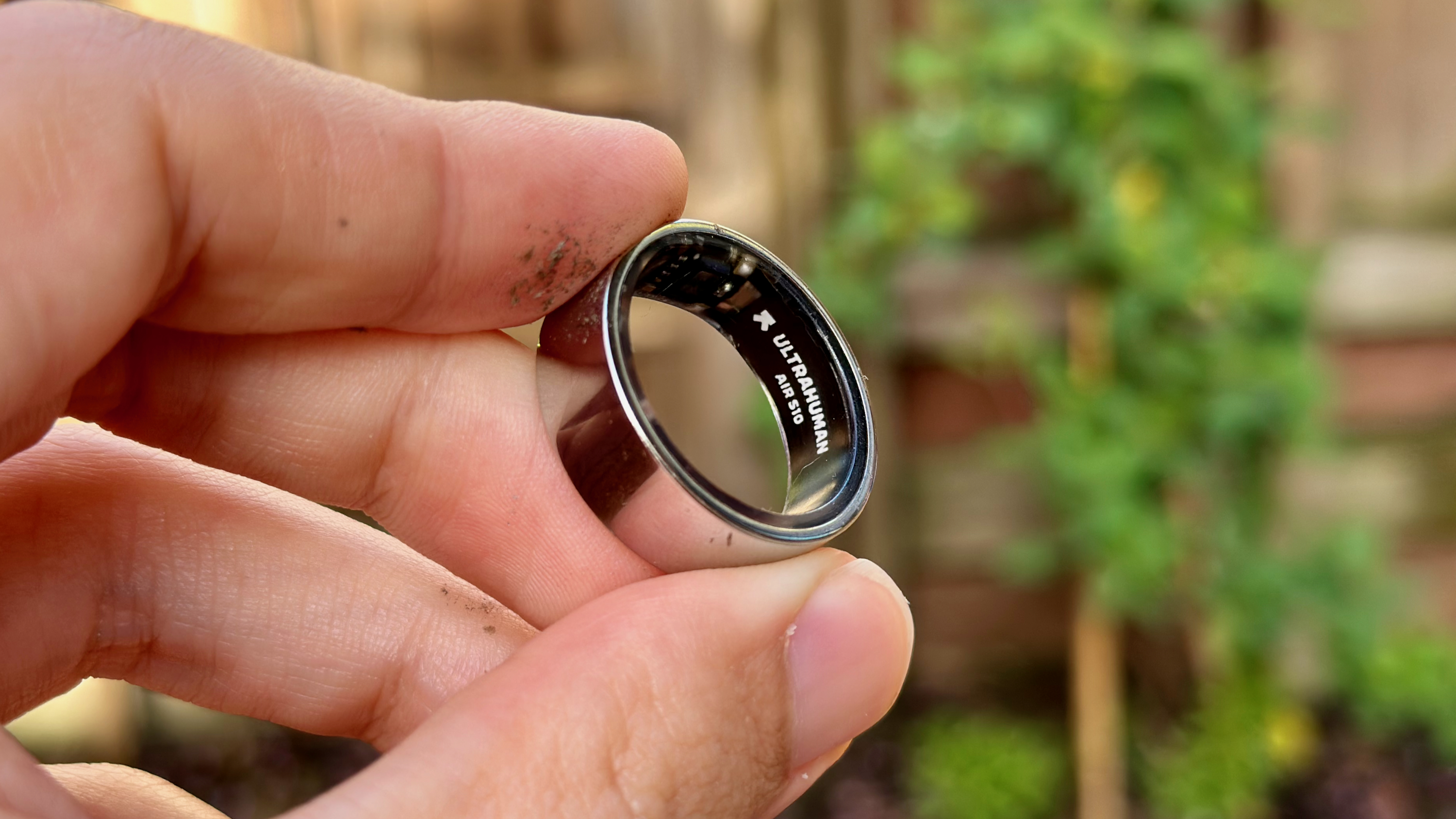
I used smartwatches for close to a decade, starting out with Android Wear and switching over to the Apple Watch five years ago. I like the convenience it offers; it's great to mirror notifications to my wrist without pulling up my phone, and it's an easier way to set timers and reminders.
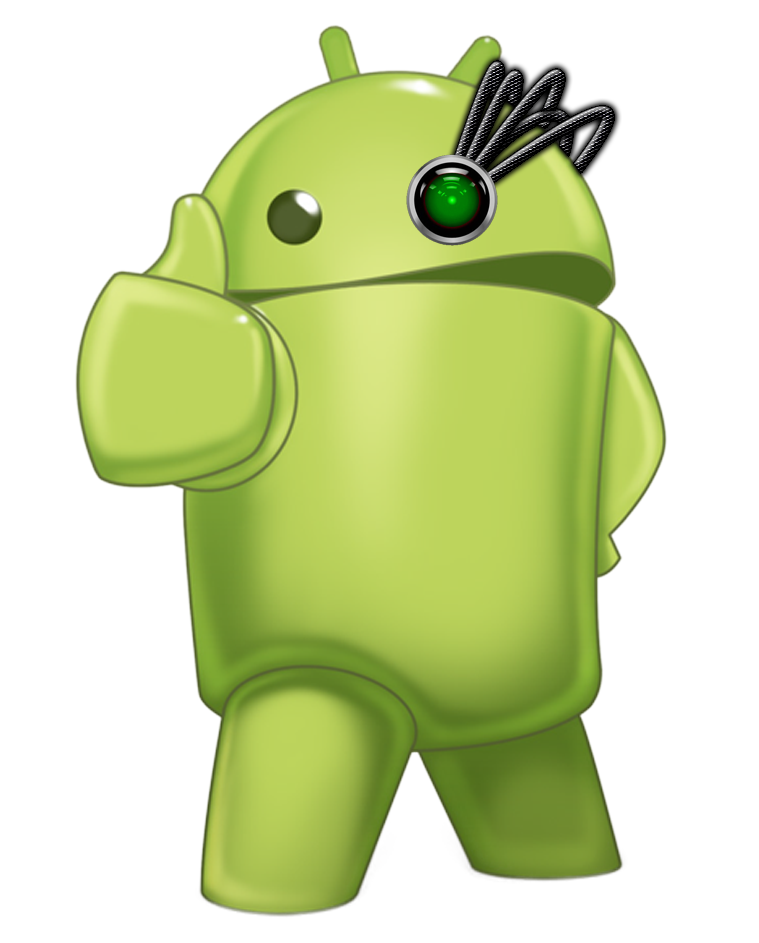
In Hardwired, AC Senior Editor Harish Jonnalagadda delves into all things hardware, including phones, audio products, storage servers, and routers.
The one thing I've never done consistently is sleep tracking — it's just annoying to have to wear a watch to bed, and the few times I tried it, I didn't get usable metrics, so I decided to not bother. That's where the Ultrahuman Ring Air comes into the equation; I started using the smart ring three months ago, and it has drastically changed my point of view of wearables.
A smart ring isn't anywhere as cumbersome in daily use, and most of the time, I don't even realize I'm wearing one. The Ring Air has a minimalist design that doesn't belie its smarts, and there's a titanium option available. The wearable does a great job getting out of the way, and that's the reason why I like it so much; it doesn't obviate the need for a smartwatch, but augments its functionality.
The biggest differentiator in my use case is sleep monitoring; having a smart ring log sleep data is much less of a hassle, and it does a good job in this situation, offering detailed metrics. Ultrahuman's app has good insights into daily activity levels and heart rate data, and while it gets a bit annoying about suggestions — like avoiding caffeine stimulants — it is great to use overall.
Another reason why I use the Ring Air daily is the battery life; I still only get a day's worth of use out of Android smartwatches, but the smart ring manages to last up to four days on a charge, and that absolutely makes a difference. While Ultrahuman saw a modicum of attention with the Ring Air, the category in itself is still in its infancy, and it will take the likes of Samsung — and its advertising might — to get mainstream user interest. With Samsung slated to launch the Galaxy Ring shortly, here's what I want to see in the wearable.
Activity monitoring
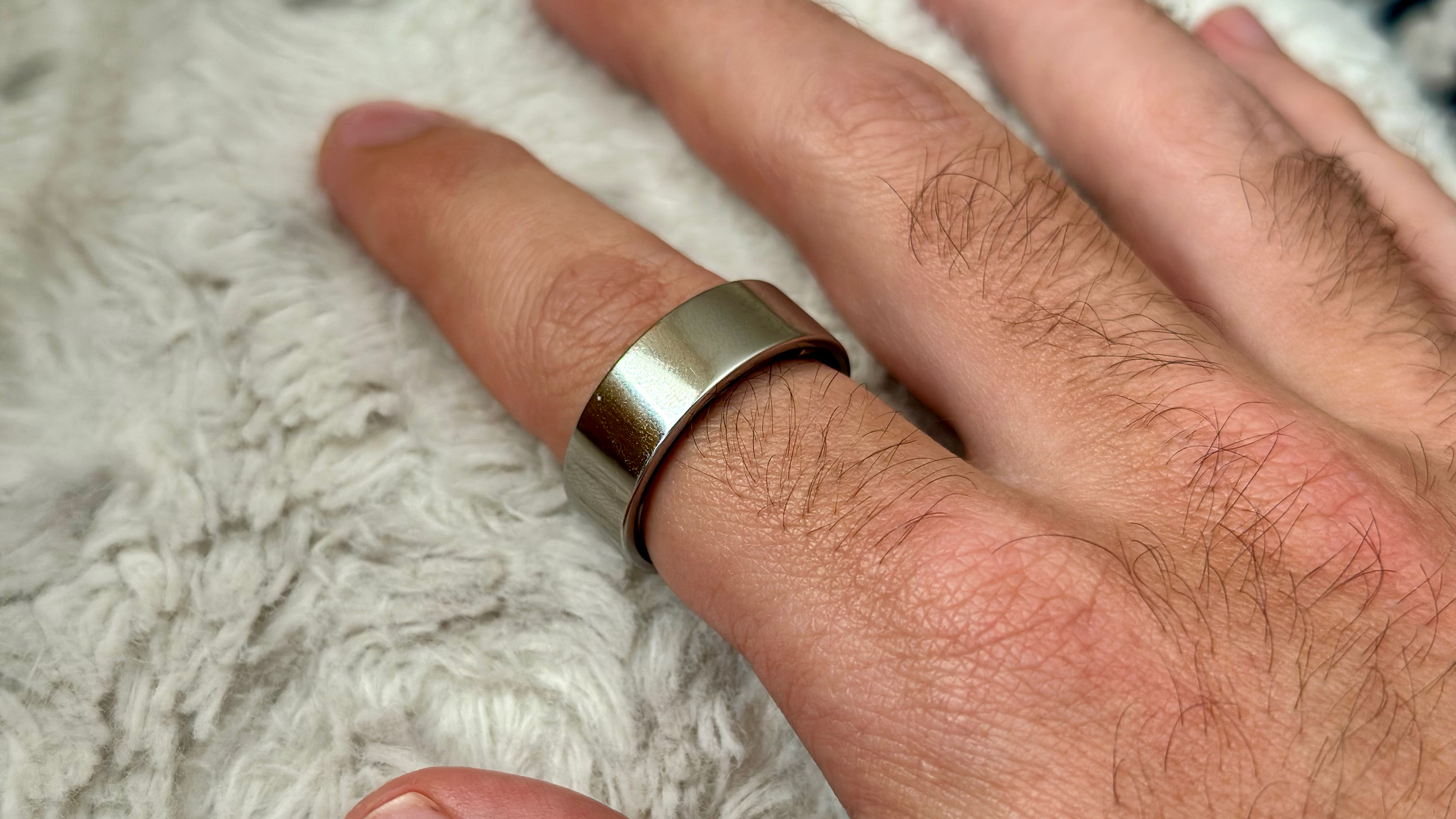
While the Ring Air is decent at measuring number of steps walked over the course of the day, it doesn't do as good a job with workouts. You'll need to manually log workouts, and have the app active in the background to monitor activity — I made the mistake of launching a workout and closing it, only to see that it doesn't track activity that way.
The second issue is that workout data is inconsistent, and that's something Samsung needs to get absolutely right with the Galaxy Ring. Samsung has a wealth of history it can leverage from its Galaxy Watch series, and the brand needs to offer the ability to log a variety of workouts, and even have automatic workout detection — that would be a big bonus.
Be an expert in 5 minutes
Get the latest news from Android Central, your trusted companion in the world of Android
Comfortable fit
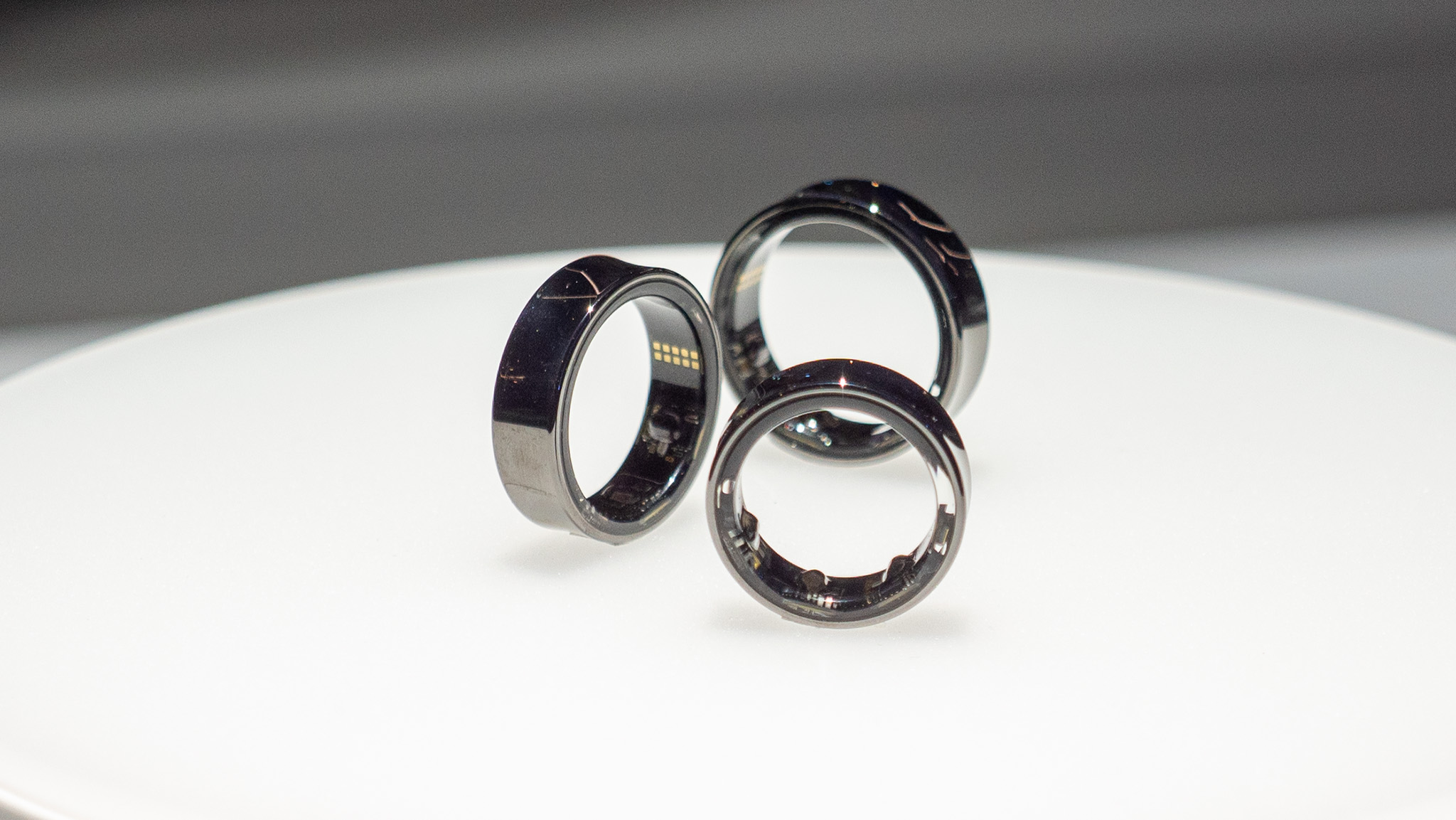
While most smartwatches undoubtedly look the part of tech accessories — this is particularly true of Samsung's offerings — a smart ring needs to be fashionable. A bigger consideration is the fit; as it's something you wear on your finger, it needs to be light and svelte, and Ultrahuman nailed the design brief with the Ring Air in this regard.
Based on the little that Samsung revealed of the Galaxy Ring, it looks like the brand's smart ring will follow similar design guidelines. Samsung tends to go overboard with features, and that's not something I want in a smart ring; I don't require notification alerts or LEDs on the thing — I just need a wearable that's unobtrusive.
Good battery life
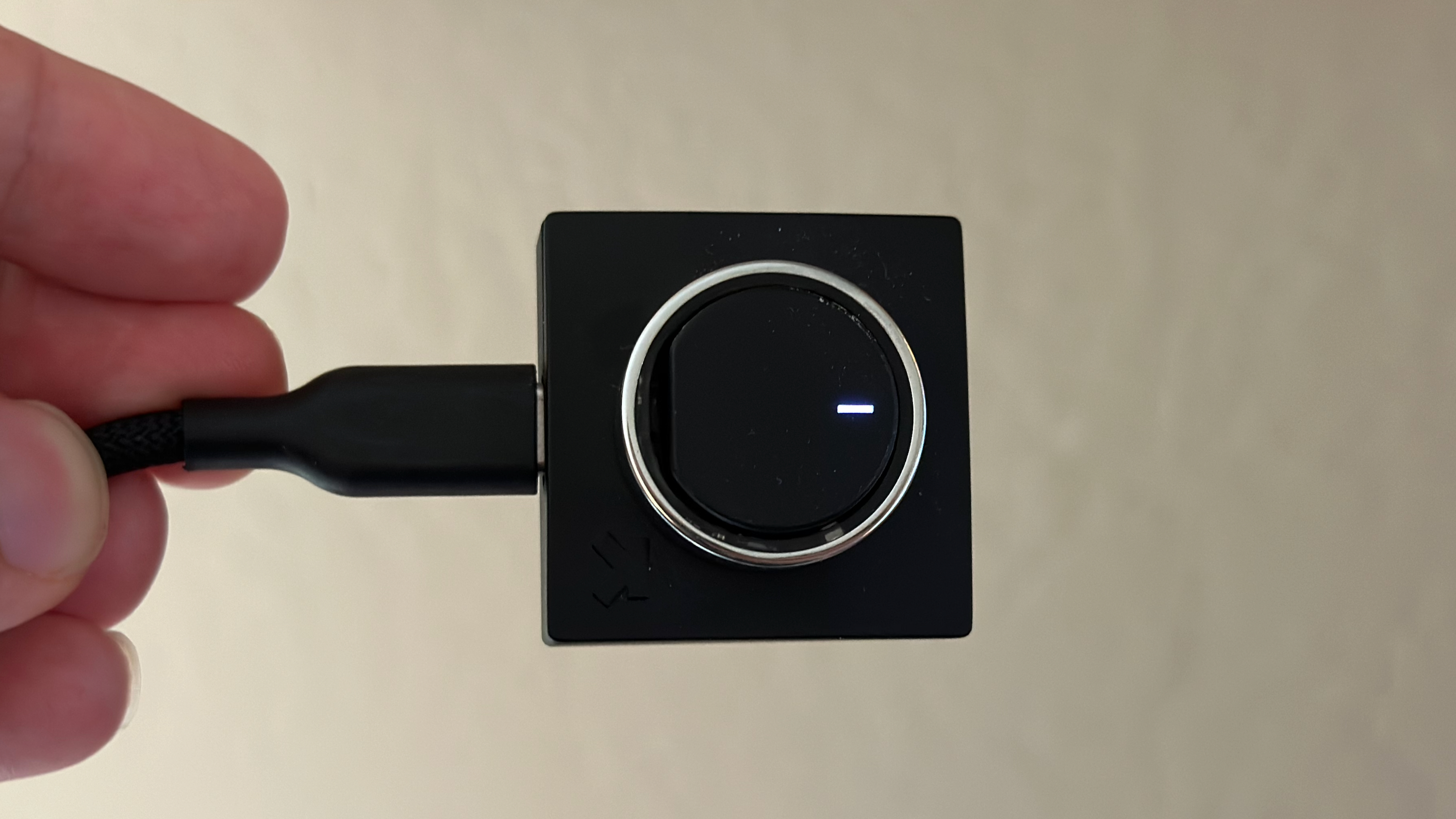
This is the area where Samsung needs to pay particular attention; the Galaxy Watch 6 manages to last two days on a charge, but the Galaxy Ring needs to at least double that. It shouldn't be hard to achieve as the existing slate of smart rings hit that number comfortably, but Samsung made enough mistakes in the wearable category in the past, and it needs to avoid making new ones.
I haven't really cared about Samsung's wearables for a long time now, but I am excited about the Galaxy Ring. Smart rings are the next big thing in wearables, and Samsung is ideally positioned to take this segment into its next phase of growth. While it would be great to see an aggressive price for the Galaxy Ring, that's unlikely — if the brand manages to not get sucked into a subscription-based offering, I'll count that as a win.

Harish Jonnalagadda is Android Central's Senior Editor overseeing mobile coverage. In his current role, he leads the site's coverage of Chinese phone brands, networking products, and AV gear. He has been testing phones for over a decade, and has extensive experience in mobile hardware and the global semiconductor industry. Contact him on Twitter at @chunkynerd.
You must confirm your public display name before commenting
Please logout and then login again, you will then be prompted to enter your display name.
